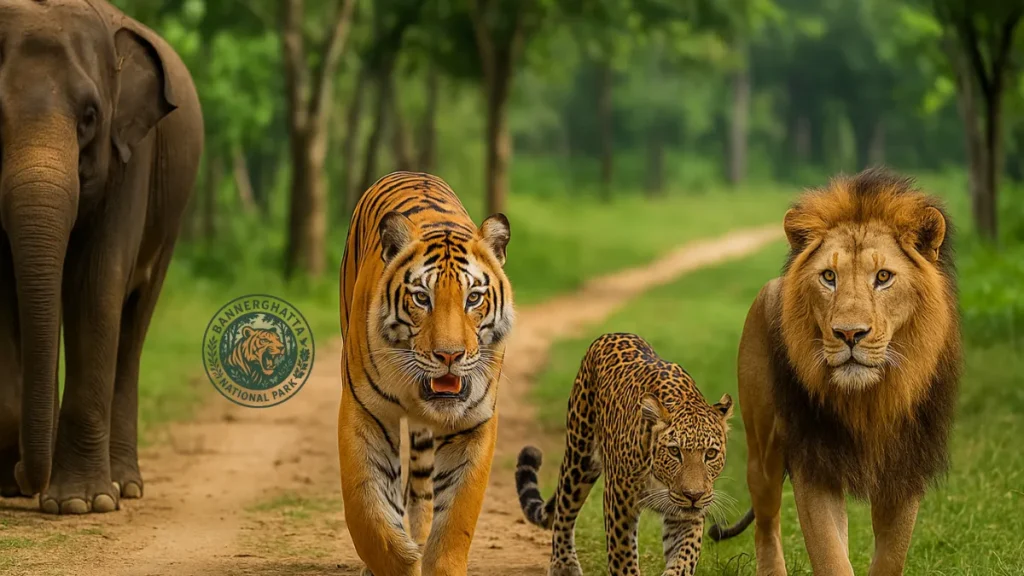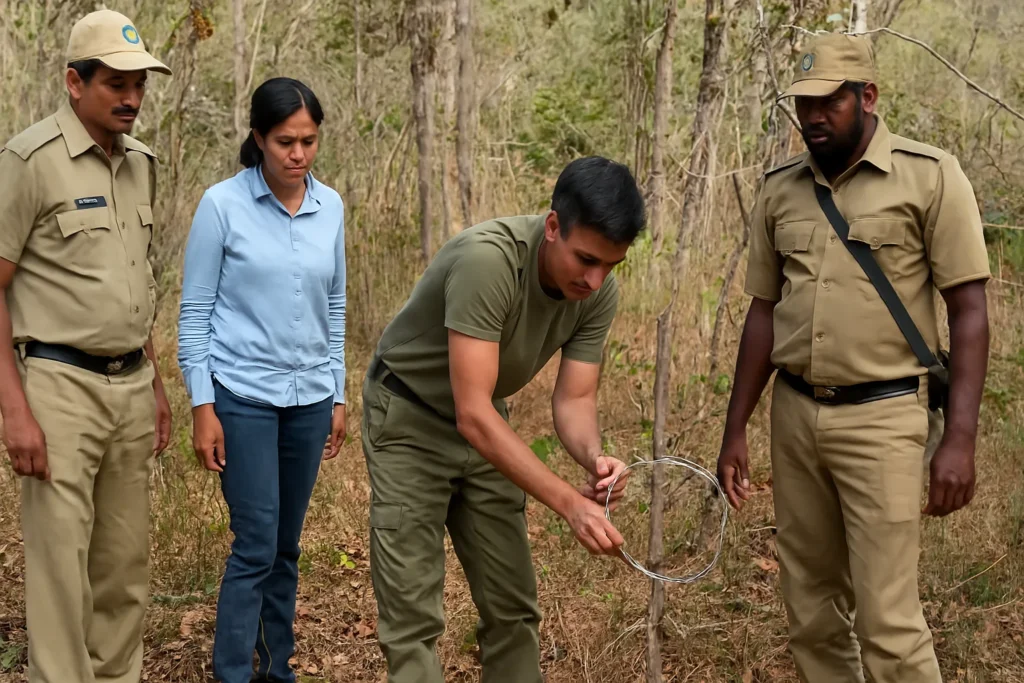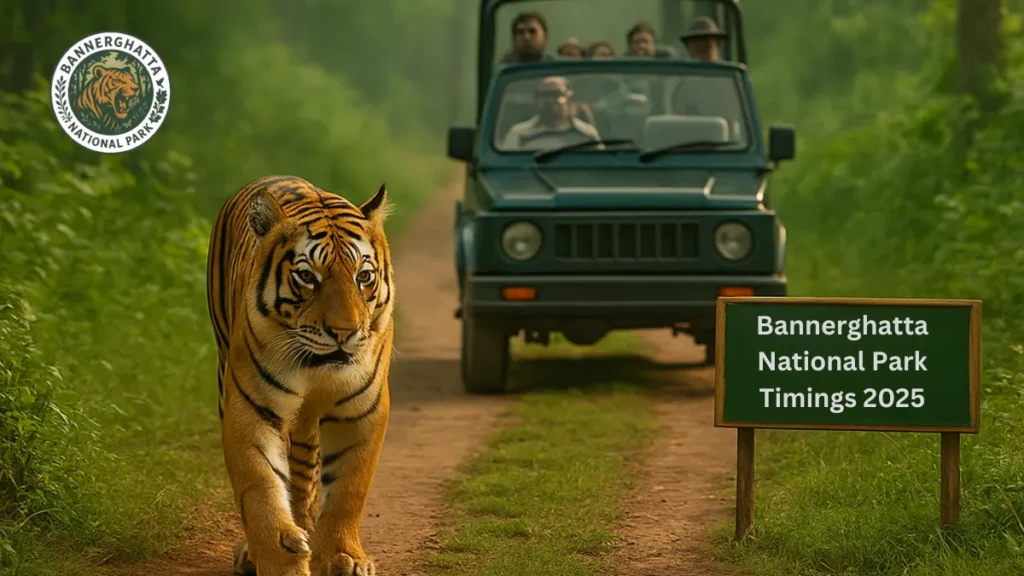Bannerghatta National Park photography rules are essential for every visitor planning to capture the mesmerizing wildlife and natural landscapes of this unique destination. Whether you’re a professional photographer or a nature lover with a smartphone, understanding the regulations will ensure a smooth and respectful photography experience inside the park.
Why Photography Rules Matter at Bannerghatta National Park
Located just 22 km from Bengaluru, Bannerghatta National Park is a popular eco-tourism hotspot that houses a rich diversity of flora and fauna. As it is home to endangered species, a butterfly park, a biological reserve, and a safari zone, the Karnataka Forest Department enforces strict photography guidelines to protect wildlife and ensure the safety of both animals and visitors.
Photography rules help:
- Prevent disturbance to wildlife
- Maintain safety standards for tourists
- Regulate the use of professional equipment
- Control crowd behavior during safaris
- Ensure responsible tourism and conservation
Key Photography Rules at Bannerghatta National Park
Understanding and following the Bannerghatta National Park photography rules will save you from fines, delays, or denial of entry. Here’s a clear and concise table summarizing the key guidelines:
| Rule | Details |
|---|---|
| Camera Fee (Personal Use) | DSLR/Professional camera – ₹100 to ₹500 (subject to change); Mobile cameras – Free |
| Tripod/Additional Gear | Tripods and external lenses are generally restricted; prior permission needed |
| Flash Photography | Strictly prohibited in safari and animal enclosures |
| Drone Usage | Completely banned without special government permits |
| Photography Timing | Only during official park hours (9:00 AM to 5:00 PM) |
| Safari Zone Photography | Allowed with minimal movement; follow ranger instructions |
| Butterfly Park Photos | Permitted, but no touching or disturbing flora/fauna |
| Commercial Photography | Requires advance written permission from forest authorities |
| No Loud Noises | Avoid loud conversations, music, or camera beeps during photography |
| Penalty for Violation | Can range from a warning to fines or confiscation of equipment |
Important Subheading: Bannerghatta National Park Photography Rules for Safari Visitors
If you’re heading into the safari zone to photograph tigers, lions, or elephants, remember that the safari operates in a controlled, fenced area. You must remain seated in your assigned vehicle at all times, and photography must be non-intrusive.
Flash or sudden movements can disturb animals and put everyone at risk. Wildlife behavior is unpredictable, so follow instructions from forest staff strictly. Bannerghatta National Park photography rules explicitly mention that any violation during safari can lead to removal from the park and possible penalties.
Tips for Ethical and Legal Wildlife Photography in the Park
To enhance your photography experience without violating the rules, keep these expert tips in mind:
- Research Before You Visit: Confirm the latest camera charges and permissions via the official Karnataka Eco-tourism website or the forest department.
- Use Natural Light: Since flash is banned, plan your shoot during golden hours (early morning or late afternoon) for the best results.
- Stay Silent and Still: Wildlife photography requires patience. Silence attracts wildlife more than noise does.
- Respect Boundaries: Never attempt to go beyond marked zones or try to bait animals for a shot.
- Seek Prior Approval for Projects: If you’re working on a documentary or commercial project, apply for permits weeks in advance.
- Travel Light: Carrying minimal equipment not only makes your movement easier but also keeps you within park regulations.
Also read: बन्नेरघट्टानेशनल पार्क: बैंगलोर का वन्यजीव स्वर्ग
Consequences of Ignoring Bannerghatta National Park Photography Rules
The rules are not just formalities — they are legal obligations. Violations like using drones, disturbing animals, or entering restricted areas can lead to:
- Confiscation of camera equipment
- Heavy fines or legal action under the Wildlife Protection Act, 1972
- Permanent ban from entering the park
These consequences are enforced to preserve the park’s integrity and ensure the safety of its wildlife residents.
Also read: Butterfly Park Bannerghatta: A Colorful Escape into Nature’s Wonders
Conclusion
Understanding the Bannerghatta National Park photography rules is not just about avoiding penalties — it’s about being a responsible nature enthusiast. By respecting the guidelines, you contribute to wildlife conservation and have a much more rewarding and ethical photography experience. So pack your gear, know the rules, and prepare to capture the untamed beauty of Bannerghatta — the right way.




